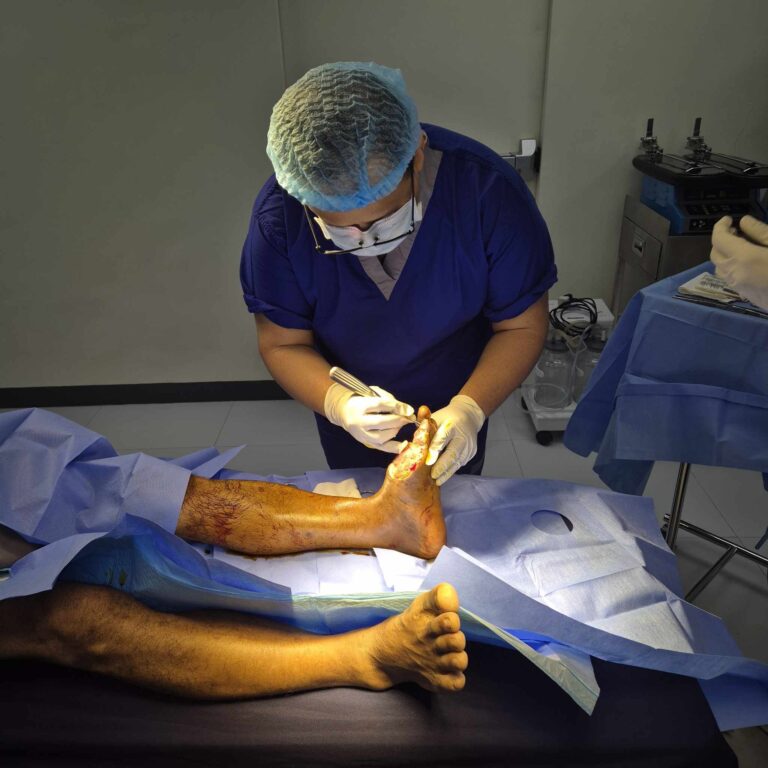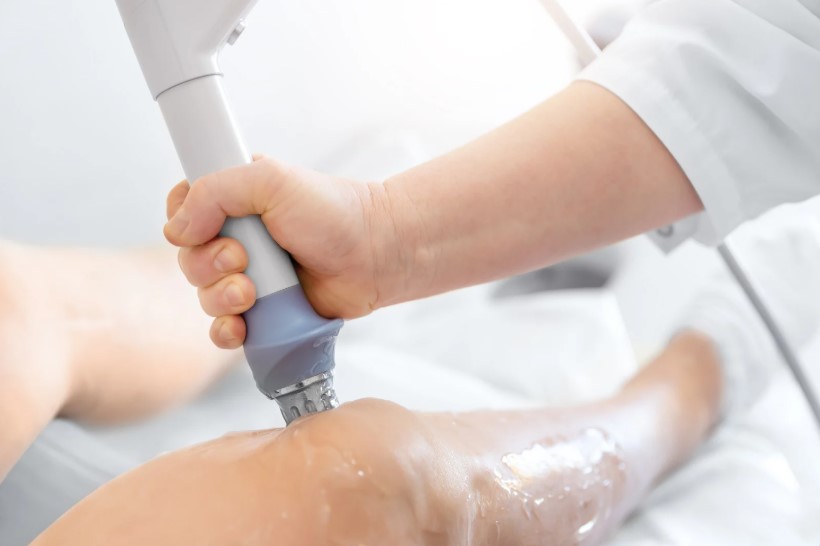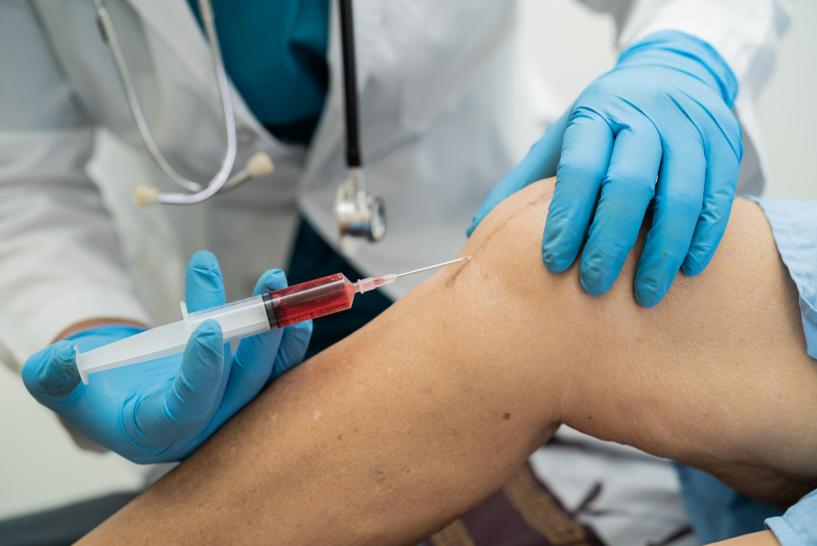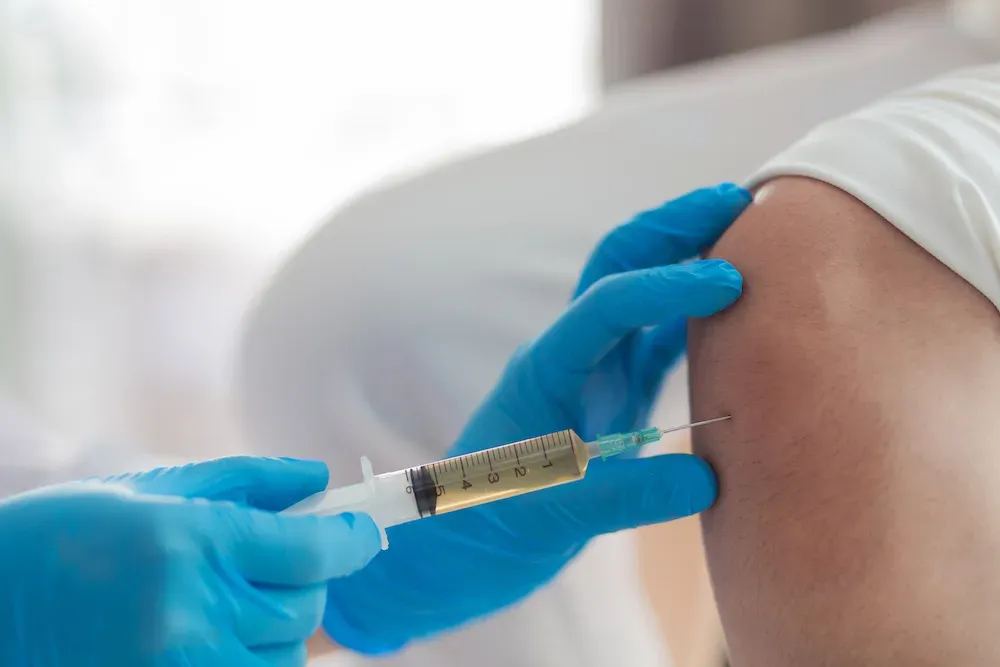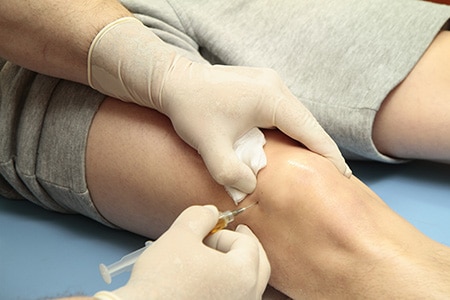Wound debridement plays a crucial role in promoting faster healing and preventing complications for individuals suffering from chronic or complex wounds. For residents in Metro Manila, finding accessible and high-quality wound care can be challenging—especially for underserved communities who need specialized treatment the most. At Kalingap Wound Care Clinic, patients receive not only advanced medical treatments but also compassionate, patient-centered care deeply rooted in Filipino values of kalinga (care) and lingap (nurture).
Understanding Wound Debridement
Wound debridement is the medical process of removing dead, damaged, or infected tissue from a wound to promote healing. Dead tissue, if left untreated, can harbor bacteria and increase the risk of infection, delay recovery, and worsen the wound. Debridement essentially “cleans” the wound bed, allowing healthy tissue to regenerate and facilitating the body’s natural healing processes.
There are several methods of wound debridement:
- Surgical debridement: Quick removal of dead tissue using scalpels or surgical instruments.
- Mechanical debridement: Using physical means like wet-to-dry dressings or irrigation to remove debris.
- Enzymatic debridement: Applying chemical enzymes that dissolve necrotic tissue.
- Autolytic debridement: Utilizing the body’s own enzymes and moisture to break down dead tissue with the help of specialized dressings.
Choosing the right debridement technique depends on the wound type, size, depth, and the patient’s overall health.
The Critical Role of Wound Debridement in Healing
Proper wound debridement is key to infection control. Dead tissue acts as a breeding ground for bacteria, which can lead to serious infections and even systemic complications like sepsis if untreated. By removing this barrier, wound debridement reduces bacterial load and inflammation.
Moreover, debridement stimulates the formation of granulation tissue—new connective tissue and microscopic blood vessels essential for wound closure. Patients often experience faster healing, less pain, and fewer hospitalizations as a result.
For individuals with chronic wounds such as diabetic foot ulcers or pressure sores, debridement can mean the difference between recovery and worsening conditions that may require amputation.
Wound Care Challenges in Metro Manila
Metro Manila faces significant challenges when it comes to wound care. Many residents live in densely populated areas with limited access to specialized healthcare facilities. Chronic wounds require consistent and expert management, which isn’t always easy to find, especially for underserved populations.
Financial constraints, lack of awareness, and transportation issues further complicate timely wound care. Consequently, many patients delay treatment until their wounds become severe, resulting in higher risks and more complex interventions.
Clinics like Kalingap Wound Care Clinic play a vital role in bridging this gap by providing accessible, high-quality wound debridement and comprehensive care designed to reach these vulnerable communities.
The Holistic Care Approach at Kalingap Wound Care Clinic
What sets Kalingap Wound Care Clinic apart is its deep commitment to Filipino values of kalinga (care) and lingap (nurture). The clinic embraces a holistic approach that treats not just the wound but the whole person—physically, emotionally, and socially.
At Kalingap, wound care specialists work closely with patients to develop personalized treatment plans, educate them on self-care, and provide psychological support to restore dignity and confidence. This patient-centered model fosters trust and encourages adherence to treatment, which is critical for successful outcomes.
Advanced Treatments and Technology
Kalingap Wound Care Clinic is equipped with modern technology and a variety of advanced wound debridement methods tailored to each patient’s unique needs. The clinic’s specialists combine traditional surgical techniques with less invasive enzymatic and autolytic options for optimal comfort and effectiveness.
The use of cutting-edge wound assessment tools allows for precise evaluation and continuous monitoring, ensuring treatment plans are adjusted promptly based on healing progress. This approach not only improves clinical outcomes but also enhances patient comfort and satisfaction.
Who Can Benefit from Wound Debridement?
Wound debridement is beneficial for a wide range of patients, particularly those with:
- Diabetic foot ulcers: Chronic wounds common in diabetic patients that require careful management.
- Pressure ulcers (bedsores): Caused by prolonged pressure on the skin, often in bedridden patients.
- Traumatic wounds: Resulting from accidents or injuries that leave damaged tissue.
- Burn wounds: Where removal of dead skin is essential for healing.
- Venous stasis ulcers: Caused by poor blood circulation in the legs.
Patients who have experienced delayed healing or infections from previous wounds can especially benefit from professional debridement. At Kalingap, particular attention is given to underserved groups who might otherwise lack access to such specialized care.
What to Expect During Your Visit
Upon arriving at Kalingap Wound Care Clinic, patients undergo a thorough wound assessment performed by experienced clinicians. This evaluation includes examining the wound size, depth, tissue type, and signs of infection.
Based on findings, a personalized wound debridement and treatment plan is crafted. Patients receive clear explanations of the procedure, potential benefits, and aftercare instructions to ensure they feel informed and supported.
The clinic emphasizes a compassionate approach, minimizing pain and anxiety throughout the process. Follow-up visits and continuous monitoring help track progress and adapt treatments to ensure effective healing.
Tips for Preventing Wound Complications
Prevention and early intervention remain essential components of wound care. Patients are encouraged to:
- Maintain good hygiene and regularly inspect vulnerable skin areas.
- Control underlying conditions such as diabetes or poor circulation.
- Follow wound care instructions diligently, including dressing changes.
- Seek medical attention promptly at the first signs of infection or delayed healing.
- Maintain a healthy lifestyle, including proper nutrition and hydration, to support tissue repair.
Why Choose Kalingap Wound Care Clinic in Manila?
For those seeking wound debridement Manila, Kalingap stands out as a beacon of quality and compassion. The clinic’s commitment to Filipino values ensures that every patient receives respectful, nurturing care alongside medical expertise.
Its convenient location in Metro Manila makes it accessible for city residents, while the clinic’s outreach initiatives work toward supporting underserved communities that traditionally face barriers to care.
By choosing Kalingap, patients are not only addressing their wounds but also embracing a path toward restored dignity and improved quality of life.
Takeaway
Wound debridement is an essential step in effective wound management, significantly improving healing outcomes and preventing serious complications. In Metro Manila, Kalingap Wound Care Clinic offers a unique combination of advanced medical treatments and heartfelt, patient-centered care grounded in Filipino values of kalinga and lingap. By addressing both the wound and the person, Kalingap empowers patients—especially those from underserved communities—to regain their health and dignity. If you or a loved one is dealing with a chronic or complex wound, seeking professional wound debridement at Kalingap can be the key to a faster, safer recovery and a better quality of life.

